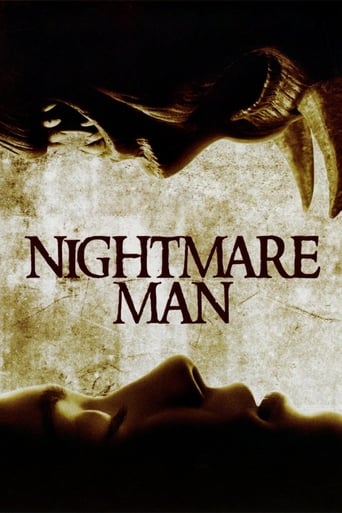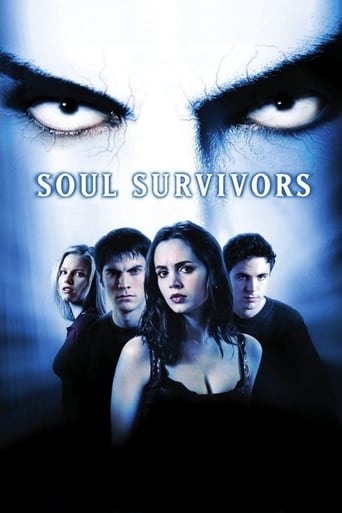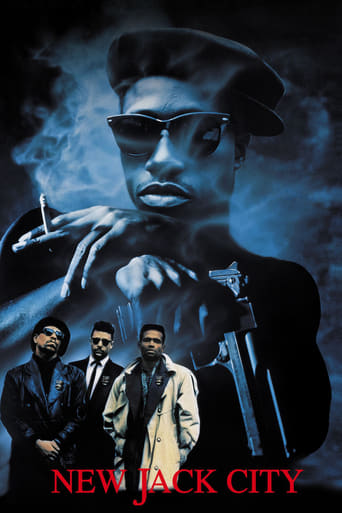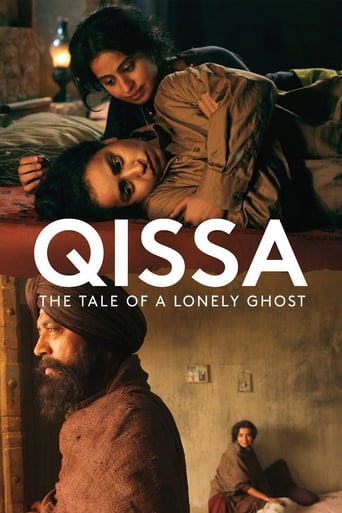
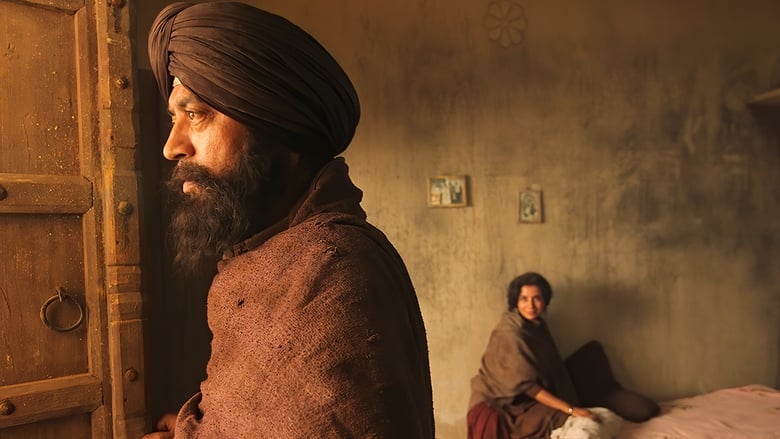
Qissa (2013)
Set in post-colonial India, Qissa tells the story of Umber Singh, a Sikh who is forced to flee his village due to ethnic cleansing at the time of partition in 1947. Umber decides to fight fate and builds a new home for his family. When Umber marries his youngest child Kanwar to Neeli, a girl of lower caste, the family is faced with the truth of their identities; as individual ambitions and destinies collide in a struggle with eternity.
Watch Trailer
Cast


Similar titles
Reviews
A well-written script with an honest performance by the cast, the story telling has an Indian folk tale touch.Tillotama Shome is great with her performance, the scenes with the mother and father are perfect and heart touching, and it is because of her performance that this movie comes out as a subtle art film rather than a Yash raj melodrama.The movie talks about the how the desire of having a boy child was prevalent in the past and to what level the people can be obsessed with such pity things and destroy their and others happy peaceful life.Do watch and support the movie, the movie perfectly encapsulates the sense of an Indie classic(that is a new story line) and not an artificial work like "ship of Theseus".
The concept of the movie is quite different and the acting of Irfan Khan, Tisca Chpra and Tillotama Shome is commendable. The movie depicts a bitter truth of our society which is still prevalent in many regions, and that is the desire of a son and discrimination between sons and daughters. To desire is not a sin, but to go beyond reality to fulfill your desire is definitely a sin and a bane for the society and the people associated with it. The movie becomes quite confusing at some point and one is not able to decide whether Irfan Khan is really a ghost or not. Even though the movie went quite slow in between and lost the interest of audience in between, it is definitely a one time watch for people who like movies with different concepts.
I had the pleasure of watching "Qissa" (Punjabi, English sub-titles) at its North America premier at the Sikh Lens Film Festival in Orange County, CA on Nov 22nd, 2014. This is a complex, heart-wrenching tale powerfully etched by the dexterous hands of Anup Singh. The movie starts off with the backdrop of the 1947 Partition of India and the theme of loss runs right through it. The film then goes on to mercilessly expose the ridiculous limits a patriarchy must go to, to preserve itself. Umber (played by the incomparable Irrfan Khan) is a Sikh man uprooted with his wife and three young daughters from his village (in Pakistan) and forced to flee to the new India as a result of Partition. Soon after he is somewhat reestablished in India, his wife delivers a 4th daughter; at this point Umber declares he's had a son and brushing aside all objections proceeds to raise the girl as a boy even up to the point of marrying her off as a man. The absolutism of the patriarchy, accompanied by the threat of violence runs as an undercurrent throughout the film — the women mostly watch on helplessly until Umber's daughter-in-law unexpectedly decides to question the status quo. But it is too late and the story unfolds inexorably into a disaster for all. Thematically Partition as the starting point for the film is a powerful and relevant one. The patriarchy that invented the concept of "honor" off the backs of its helpless women then greatly exploited it during Partition - women, girls on all sides and as a matter of priority, were raped, mutilated, and devastated in ways unimaginable. The same patriarchy so bound to its feudal ties, the land it owned and a limited imagination, could only consider sons bearing its name. And this became so much of a part of the reality that not having a male heir became as much a matter of economic devastation as of social shame. As the director and screenplay writer, Anup Singh displays admirable restraint with limited dialog, nuanced performances elicited from his cast, and the straightforward telling of an explosive story. A metaphorical twist in the story leaves you stunned yet believing. I would be remiss if I did not call out the three women actors - Tilottama Shome, Tisca Chopra and Rasika Dugal - who were perfect in their respective roles; each held her own vis-a-vis Irrfan Khan. All in all a treat and I am rooting for this one as India's entry for Best Foreign Film at the 2014 Oscars!
Part fairytale, part fantasy, part folklore; Qissa weaves together historical ties, family bonds, issues of identity, belonging and the supernatural, to create a film that takes you on a journey that's unlike any cinematic adventure you've embarked on before.Set in the Punjab and beginning at the start of Independence in 1947, the film is a metaphor for many of the experiences that Indians and Pakistani's faced during this bleak period, but rather than presenting the situation from a political perspective, it focuses on the tale of one family and the deep, dark secret that haunts them.The moment she is born Kanwar's father declares her to be a boy, bringing her up as his son. With such a lie there comes burden and over the years we see Kanwar develop and grow, trying to come to terms with his/her alternate gender while the father figure (played by Irrfan Khan) deals with the weight of his actions.From the moment Qissa begins, through to its conclusion, every part of your senses are engaged. Visually the production is stunning. The landscape of the Punjab is depicted as beautiful yet barren. The washed out colourisation adds an ethereal feel, giving the film its fairytale quality. The haunting soundtrack is the soul of the movie, melodic yet mystical, it alludes to the unearthly feelings that engulf each character. Emotionally this films entwines you physically and mentally - there's an urgency to reach out onto the screen and put your arms around Kanwar, knowing there is no one she can turn to, and morally it questions your beliefs about what is acceptable when it comes to upholding family values.To pick out an actor and praise them for their performance would make the others seem insignificant when in truth, every member of this ensemble cast is worthy of a mention. It's not as easy as saying 'the best performance of Irrfan's career' or 'Tillotama Shome masterfully plays a boy and a girl': these are actors who are defining the boundaries of acting itself, presenting to what is largely a conservative audience in Indian, new possibilities.The casting of Irrfan Khan, a Muslim actor who does not speak Punjabi into such a robust Sikh character while Tillotama who plays Kanwar is herself Bengali, again taking on a language that was unfamiliar to her, gives this film an additional layer of intelligence. The language used in the film alters in dialect to reflect different time periods, which itself brings another dimension to contemporary Punjabi filmmaking.One of the highlights of Qissa is the tender depiction of friendship and love between Kanwar and Neeli, the girl that he marries. The portrayal of the warmth, respect and desires the two women have for each other is both honest and sensitive.The folklore element of the movie is at times hard to spot because it feels so natural. Even though the subheading to the film is 'The Tale Of A Lonely Ghost', when you are watching it you don't always recognise the spectres and shadows that accompany each character. Dealing with the supernatural may seem far-fetched, yet because it's done so in context, at no point do you question the authenticity; it is engrained in the script.12 years in the making, Anup Singh's courageous production Qissa is part funded by Indian, German, French and Dutch investors and as a result it contains the essential ingredients that will make this a crossover success for Western and non-Western audiences. Pushing the boundaries of Indian and Punjabi pictures, it's an example of cinema that has the power to define modern filmmaking.





